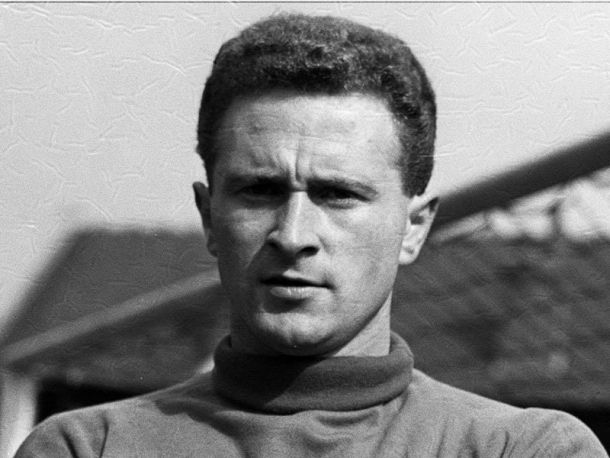When naming Manchester United legends, fan favourites such as George Best, Ryan Giggs, Bobby Charlton and even Cristiano Ronaldo regularly emerge. However, many do not remember footballers for their historic off-field achievements. And for that reason, Harry Gregg should go down as one of the club’s greatest legends of all time. His support and intrepidness of one night in Germany has made the goalkeeper the ‘Hero of Munich’.
Born in 1932, Gregg survived the horrendously tragic events of the Munich air disaster, which claimed the lives of countless Busby Babes on 6th February 1958. Despite his immense presence between the sticks on the field, the Northern Irishman should also be remembered for his valour after the crash, returning into the disaster to save teammates, loved ones, and in Gregg’s case, total strangers.
Astonishingly, the goalkeeper never won a medal in the colours of United, but was appointed a Member of the British Empire in 1995.
Enjoying a career spanning between 1957 and 1966, Gregg was considered a fairly recent signing at the time of the incident, after breaking the world record fee for a goalkeeper - £23,000 paid to Doncaster Rovers. Astonishingly, the goalkeeper never won a medal in the colours of United, but was appointed a Member of the British Empire in 1995.
The captivating story of his inspirational act is one of the most emotional from the tragic day, as he saved Bobby Charlton, Jackie Blanchflower and Dennis Viollet from the burning aftermath. He also returned to help Vera Lukić, the pregnant wife of a Yugoslav diplomat and her daughter, Vesna, as well as manager Sir Matt Busby, who has suffered substantial injuries before going on to lift the European Cup with the reformed Busby Babes ten years later.
Despite being dubbed the ‘Hero of Munich’, Gregg remains a honourable and humble man, proclaiming he felt any of his teammates would have done the same should they have been in the position of the goalkeeper – who kept 48 clean sheets in his time with the Red Devils. Gregg returned to Manchester and continued in the side, unfortunate to miss the 1963 FA Cup Final due to a shoulder injury.
Bravery is one thing but what Harry did was about more than bravery. It was about goodness.
Fellow United great George Best commented on his act of courage, saying, “bravery is one thing but what Harry did was about more than bravery. It was about goodness.” Gregg committed himself to the club from the bottom of his heart, and still does, whether his dominant nature on the field or his modest attitude to his heroic achievements. Even when losing a number of friends aboard the European Airways Flight 609, he showed tremendous resilience and valour to return to the aircraft.
“I am not John Wayne, I have never been John Wayne, I don’t want to be John Wayne,” he said speaking many years after the disaster. Gregg did not want to be known at a hero after losing numerous friends, especially after the heart-rending turn of events for Duncan Edwards, a close friend who looked to have made it until his sudden death 10 days later.
Nevertheless, the ‘Hero of Munich’ can hold his head high for his accomplishment on the tragic day, and should be remembered for his fearlessness as much as those who couldn’t return home.










































